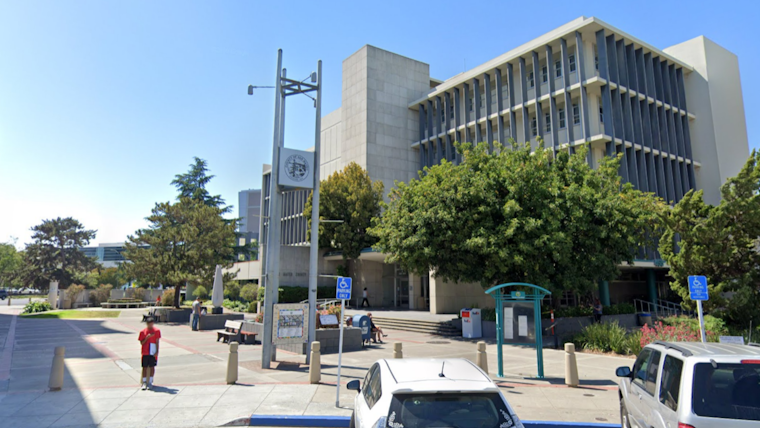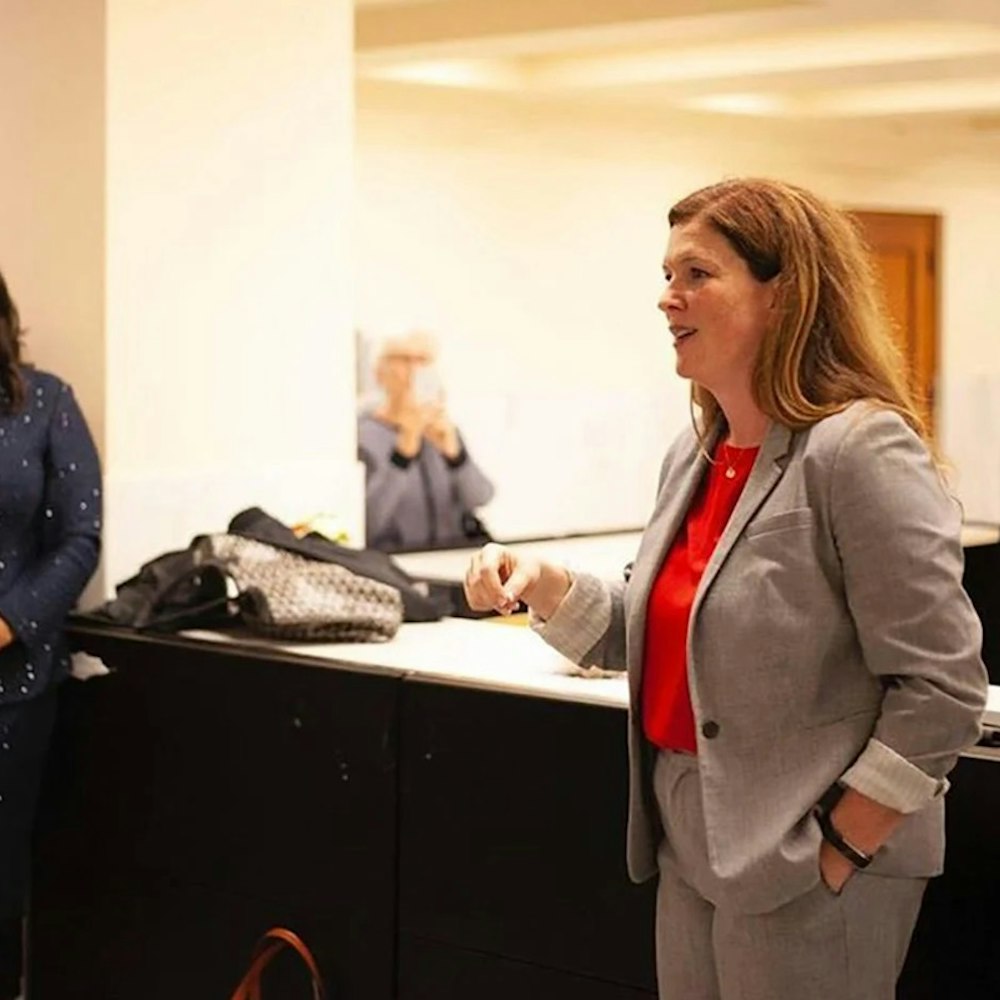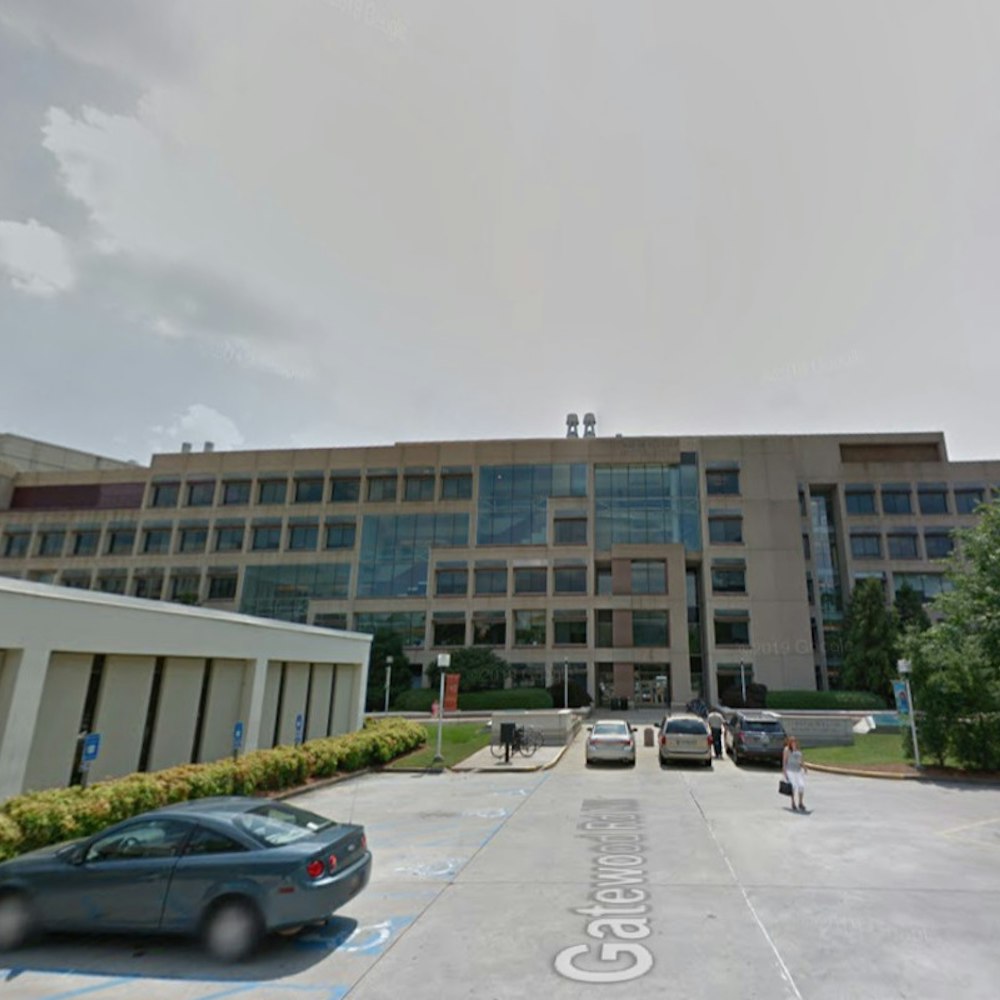
Redwood City steps up its game for low-wage workers. The San Mateo County Board of Supervisors unanimously decided to set up an arm to educate and, later, to enforce wage laws and labor protections. This new office comes with the hefty title of the Office of Labor Standards Enforcement and is the go-to for everything you need to know about the rights of those who earn the least. In a resolution well-received by labor advocates, the Board has promised attention to "low-income workers, workers from vulnerable populations such as women, people of color, immigrants, people who identify as LGBTQIA+, refugees, and individuals with disabilities," as it was detailed on the county's official website.
With the clock ticking towards a July 1, 2024, operational deadline, the Board is looking to quickly put together the office, initially focusing on spreading the word about labor laws and wages. "Having an in-house Office of Labor Standards Enforcement will allow the County to eventually strengthen worker protections, especially for our most vulnerable and at-risk workers,” Board President Dave Pine told the county's communications team.
In a showing of commitment to the cause, supervisors Dave Pine and Ray Mueller are taking charge, tasked with fine-tuning the specifics of this novel entity. According to Supervisor Mueller, this development is not only a boon for the workers but also for small business owners trying to navigate the murky waters of regulatory compliance. He has been quoted saying, "The creation of the Office of Labor Standards Enforcement is a significant step forward in San Mateo County, ensuring that small-business owners have the up-to-date information." Stepping into 2024, the minimum wage will rise to $17.06 an hour in the county's unincorporated areas, while cities within San Mateo County are already ahead with their wage laws.
An advice line for labor standards compliance questions is also on the horizon, something that could significantly help both employees and employers swim through the sea of regulatory work-related issues. The effort comes not a moment too soon, as wage theft and labor law violations have notoriously cost California's minimum-wage earners nearly $2 billion every year, with a study from the Economic Policy Institute highlighting that these violations "exceeds the value of property crimes committed in the United States each year." Outreach materials, soon to flood the county in several languages, aim to put a stop to this pervasive issue.
The excitement also ripples through the labor community, which has long advocated for such an office. Julie Lind, executive secretary of the San Mateo County Central Labor Council, couldn't hide her thrill: "This is something we in the labor community have been advocating for since 2014. We are grateful to President Pine and Supervisor Mueller for making our passion project their own, and to the rest of the Board for their support."



-2.webp?w=1000&h=1000&fit=crop&crop:edges)





